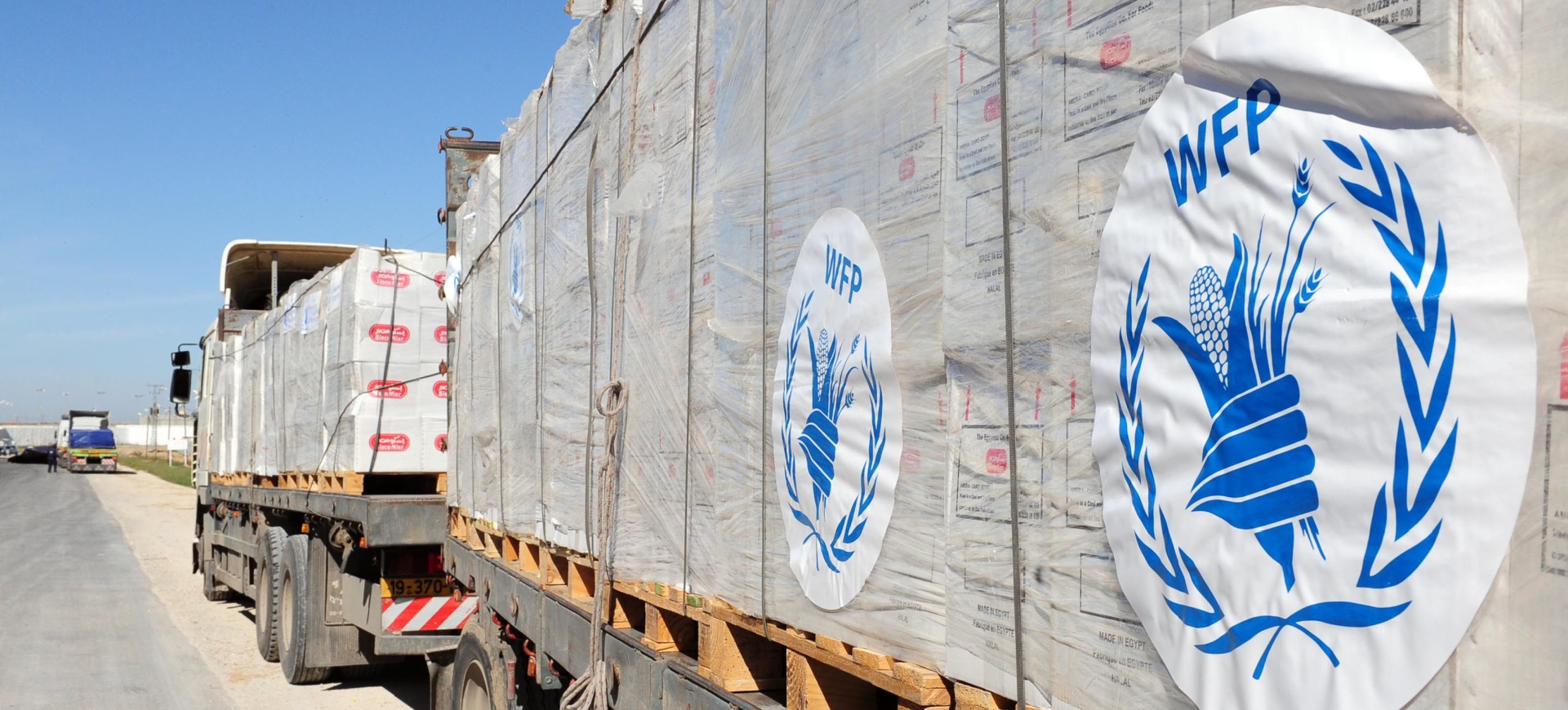G20 Rio: a crucial turning point for global hunger
As famine strikes Darfur, G20 members have a pivotal opportunity to address the escalating hunger crisis and reaffirm their commitment to the Sustainable Development Goals
This year’s G20 summit in Rio de Janeiro in November unfolds under the dark shadow of the famine declared just three months earlier in Sudan’s Darfur region, sparked by the country’s vicious civil war.
It is unacceptable that famine is happening in 2024. Yet, tragically, others could follow. Millions of people – in Gaza, Haiti, the Democratic Republic of the Congo, Myanmar, Nigeria and other countries – live under the constant threat of starvation as they struggle to survive each day.
The G20 summit is an urgent opportunity for the world’s richest countries to act decisively to pull these people back from the brink and reverse the rising tide of hunger and poverty seen in many regions of the world. It is imperative that they seize this moment.
There are grounds for cautious optimism. Brazil has placed this critical issue at the heart of its G20 presidency and is showing real global leadership. One of its flagship initiatives is a new Global Alliance Against Hunger and Poverty, intended to galvanise international action and reinvigorate efforts to achieve the Sustainable Development Goals.
In a world that produces enough food to feed everyone on the planet, hunger and malnutrition belong in the past. Yet, despite our collective commitment, we have fallen far behind on our journey to achieve Zero Hunger by 2030.
Chronic food insecurity remains at unacceptable levels, fuelled by the growing number of devastating conflicts, more frequent climate disasters and widespread economic turmoil. Today, it blights the lives of up to 757 million people.
A race against time
With just six years remaining to meet the SDGs, more countries are on track to miss the 2030 global hunger and nutrition targets than to achieve them.
Moreover, this is happening just as it is getting increasingly difficult for humanitarians to carry out lifesaving work. It is harder to negotiate access to reach people in need. It is more difficult to plan and predict future needs or foresee where new crises will emerge. It is more dangerous than ever for humanitarians to operate. And it is tougher to raise the resources we need to provide lifesaving help to the millions who rely on us.
But the World Food Programme and our partners are not giving up. Far from it. I attended the meeting of G20 development ministers in Rio in July and I was encouraged by the commitment and resolve of the government leaders I met there.
Increased innovation, ambitious partnerships and investment in long-term solutions are all essential to get us back on track to meeting the SDGs – and they lie at the heart of Brazil’s Global Alliance.
At WFP, we have proven and scalable solutions to hunger that bolster resilience among food-insecure communities and help reduce humanitarian needs over time.
Last year, we implemented anticipatory action and early warning programmes in 36 countries around the world, helping vulnerable communities protect their lives and livelihoods against the devastating impacts of climate change.
We are also working with a wide range of governments and other partners in a global movement to expand and scale up school meals programmes. We want every child in every country to be nourished each day by a healthy school meal and the precious gift of education.
Harnessing the power of science and innovation
We are also forging ambitious new partnerships with the private sector to harness the exciting potential of science, technology and innovation as we work together to create food systems capable of feeding every single person on our planet.
This must be a team effort, so it is essential that global leaders offer concrete, practical support to the Global Alliance Against Hunger and Poverty.
At WFP, we understand that budgets are under strain and that governments everywhere are having to make tough decisions.
But we are strongly committed to working, as partners, to halt the relentless growth in humanitarian needs and build resilience among the most vulnerable communities.
The Rio Summit is a chance for global leaders to prove their commitment to the SDGs. They should use it to bring forward the financial resources and political will required to deliver on the objectives of the Global Alliance Against Hunger and Poverty.
Together, we can – we must – achieve our shared vision of a better, more prosperous and hunger-free future for all.












